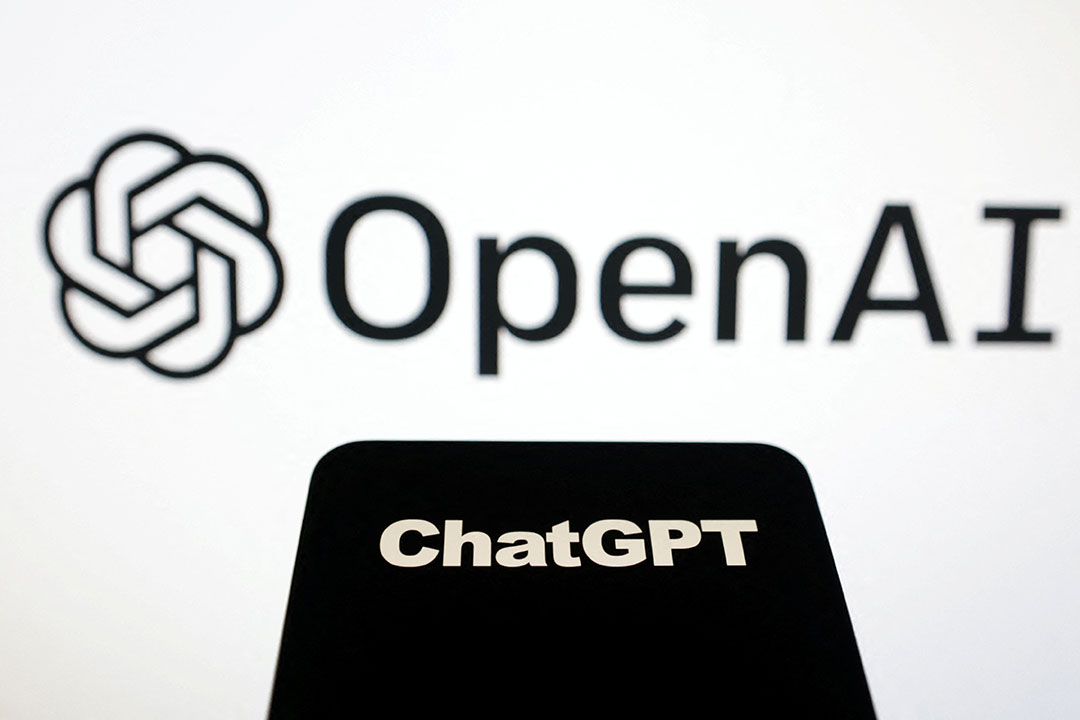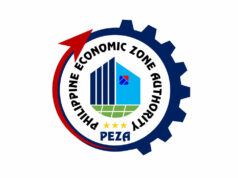
WORKERS in the Philippines are using artificial intelligence (AI) tools like ChatGPT in their workplaces, in a phenomenon called “Bring Your Own AI” (BYOAI) by Microsoft Corp. and LinkedIn Corp. in their Work Trend Index 2024 report.
According to the report, 83% of Filipinos are practicing BYOAI to the workplace, against the 78% global and 79% regional average.
“A lot of these people use ChatGPT or others, (which are) out on the internet and open. They’re very accessible and there are free versions,” Microsoft Philippines Chief Executive Officer Peter Maquera said in a briefing on Thursday.
Mr. Maquera said companies should harness worker enthusiasm to achieve a more controlled, disciplined, and responsible approach to AI practices, especially in terms of cybersecurity and data privacy.
Mr. Maquera also sees the young Philippine median age of 25 years as a factor behind the rapid adoption of AI.
“It’s not just Generation Z. It’s not skewed, it’s a very broad spectrum,” Microsoft Philippines Head of PR and Communication Josh Aquino added.
Globally, 85% of Gen Z and 73% of Baby Boomers bring their own AI tools to work.
Overall, the study reported that 86% of knowledge workers in the Philippines use generative AI at work, also higher than the 83% regional and 75% global average.
Meanwhile, 55% of Filipino leaders worry that their organization lacks a plan to implement AI, compared to the 60% global average.
The Work Trend Index also noted that employees see AI raising the bar for achieving employment, with 70% of Filipino leaders saying they weight AI skills highly in hiring.
Some 68% of Filipino leaders say they would prefer a less experienced candidate with AI skills than a more experienced one without.
“We expect that over the next six years… we will need to upskill ourselves by 68% which means the skills needed to do our same jobs,” LinkedIn Regional Business Head, Growth Markets Atul Harkisanka said.
This aligns with the surge of demand for AI in the hiring market. Mentions in LinkedIn job posts grew 17%, and 142 times more users globally added AI skills to their profiles as of last year.
However, Mr. Harkisanka said six of the top 10 in-demand skills remain soft skills.
Mr. Harkisanka cited the Philippines’ high mobile penetration and proficiency in English.
“We need to collaborate and communicate in teams and put on our creative hats to think when the tools and AI technologies do part of our jobs,” he added.
The study accompanying the index “AI at work is here. Now comes the hard part,” is based on a survey of 31,000 people across 31 countries analyzing hiring trends on LinkedIn, trillions of Microsoft 365 productivity data points, and research with Fortune 500 customers. — Aubrey Rose A. Inosante



